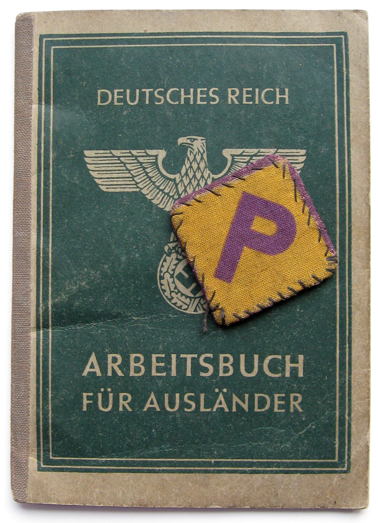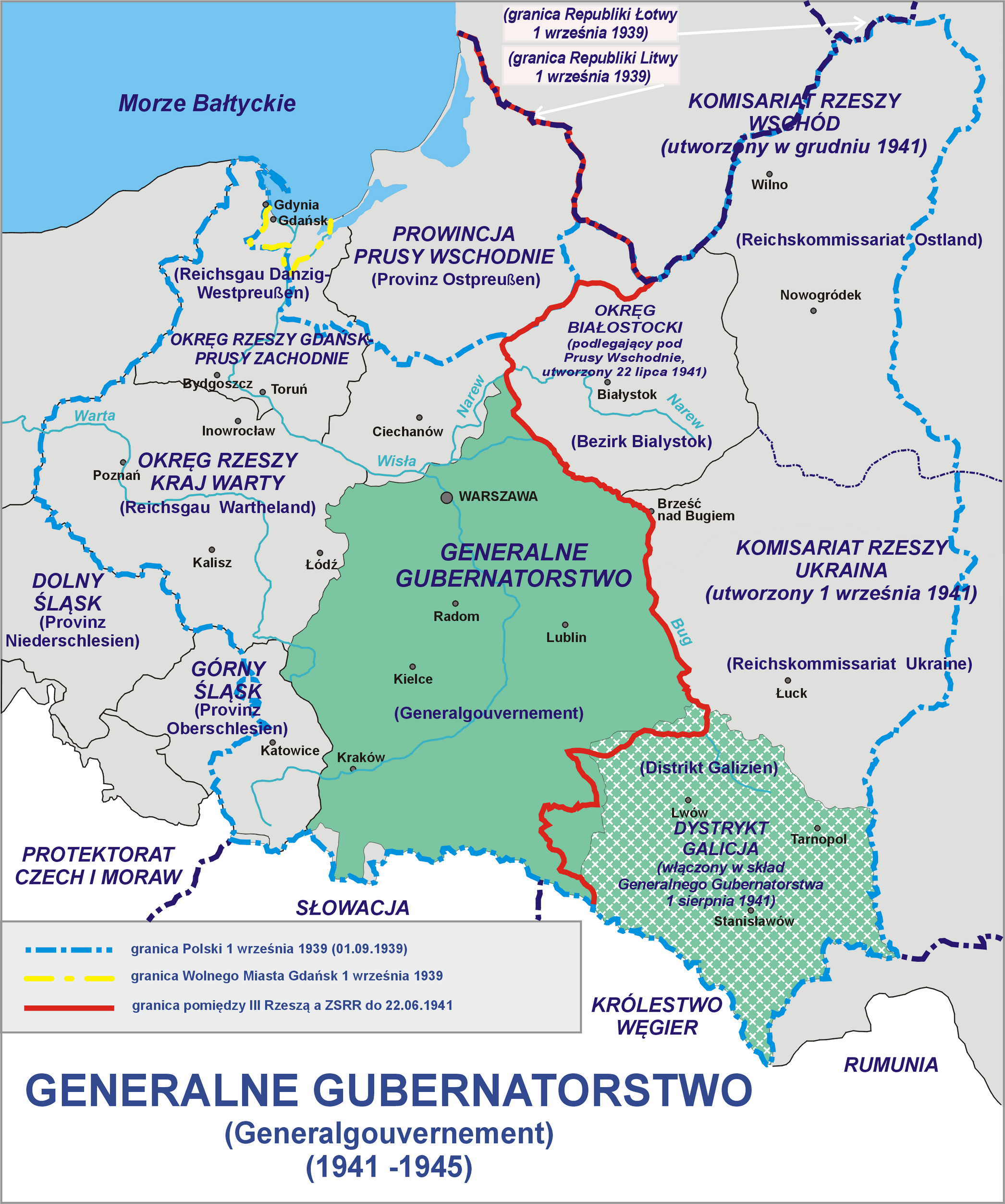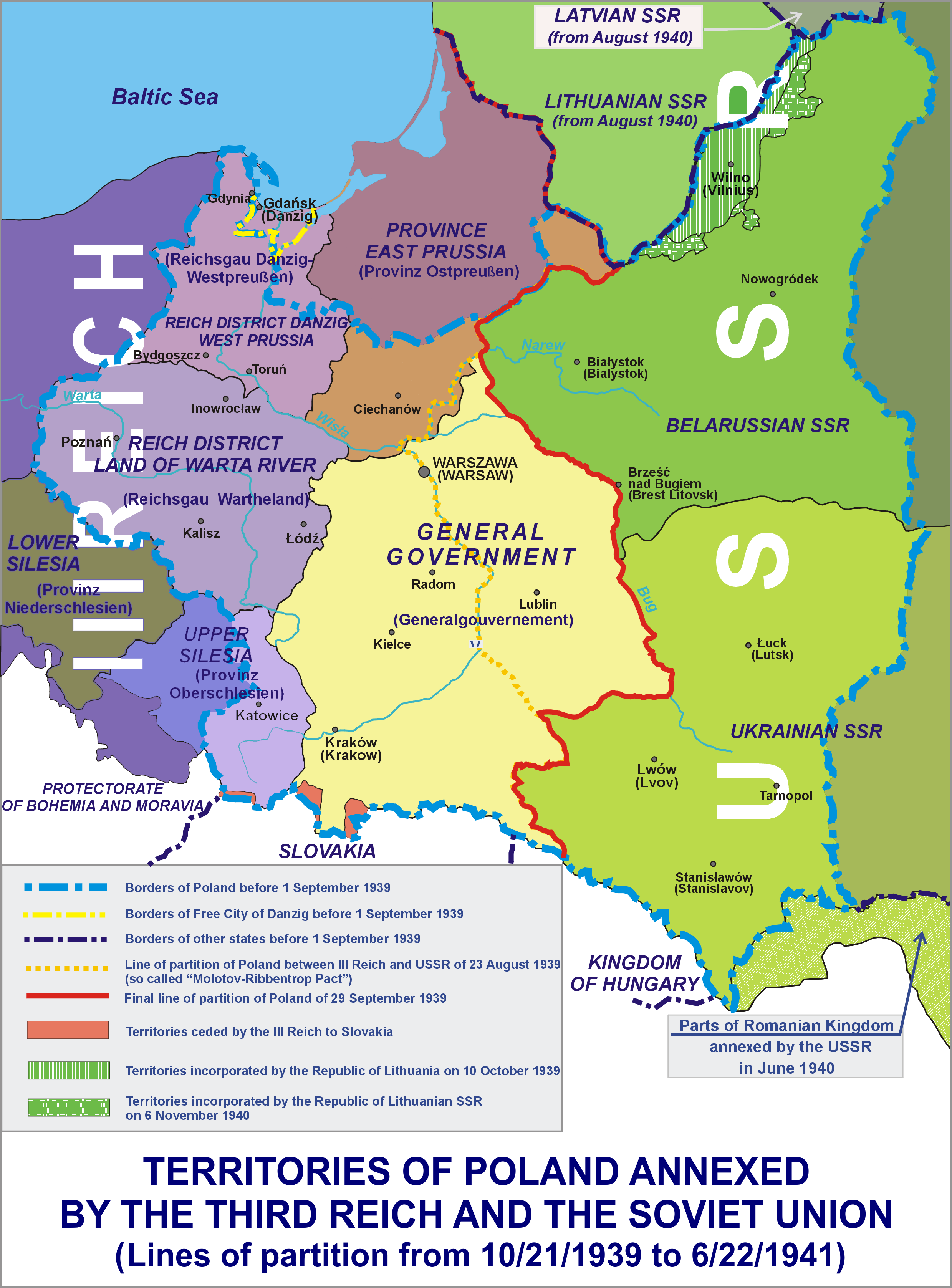|
Osłonino
Osłonino is a village in the administrative district of Gmina Puck, within Puck County, Pomeranian Voivodeship, in northern Poland. It lies approximately south-east of Puck and north of the regional capital Gdańsk. It is located at the mouth of the Gizdepka river on the Bay of Puck on the coast of the Baltic Sea in the historic region of Pomerania. History During the German occupation of Poland (World War II), in 1939 and 1942, the occupiers carried out expulsions of Poles, whose houses were handed over to ethnic Germans as part of the ''Lebensraum'' policy. Some of the expelled Poles were deported to forced labour.Wardzyńska, p. 119 Notable residents * Hilmar Kopper (born 1935), former chairman of Deutsche Bank Deutsche Bank AG (, ) is a Germany, German multinational Investment banking, investment bank and financial services company headquartered in Frankfurt, Germany, and dual-listed on the Frankfurt Stock Exchange and the New York Stock Exchange. ... References ... [...More Info...] [...Related Items...] OR: [Wikipedia] [Google] [Baidu] |
Hilmar Kopper
Hilmar Kopper (13 March 1935 – 11 November 2021) was a German banker, and former chairman of the Board of Deutsche Bank (1989–1997). Life and career Kopper was born in Osłonino in the Pomeranian Voivodeship of (Poland), the second of four children of a Mennonite family. His family was expelled after World War II. As the family could afford academic education only for one child, Kopper's elder brother, he became a trainee at Deutsche Bank in 1954, at a regional branch named Rheinisch-Westfälische Bank in Köln-Mülheim. He would spend his whole career at the bank. He was sent to the J. Henry Schroder Banking Corp. in New York City, and then worked in Deutsche Bank's department for foreign affairs (''Auslandsabteilung'' in Düsseldorf. In 1972, he became a member of the board of the Deutsch-Asiatische Bank AG (German-Asian Bank). He was promoted to General Representative (''Generalbevollmächtigter'') in 1972, and became a board member in 1977. After the terrorist mur ... [...More Info...] [...Related Items...] OR: [Wikipedia] [Google] [Baidu] |
Gizdepka
Gizdepka is a river of Poland. It flows into the Bay of Puck The Bay of Puck or Puck Bay (; ; ), is a shallow western branch of the Bay of Gdańsk in the southern Baltic Sea, off the shores of Gdańsk Pomerania, Poland. It is separated from the open sea by the Hel Peninsula. The bay has an average depth of ... at Osłonino. Rivers of Poland Rivers of Pomeranian Voivodeship 1Gizdepka {{Poland-river-stub ... [...More Info...] [...Related Items...] OR: [Wikipedia] [Google] [Baidu] |
Gmina Puck
__NOTOC__ Gmina Puck is a rural gmina (administrative district) in Puck County, Pomeranian Voivodeship, in northern Poland. Its seat is the town of Puck, although the town is not part of the territory of the gmina. The gmina covers an area of , and as of 2006 its total population is 21,868. The gmina contains part of the protected area called Coastal Landscape Park. Villages Gmina Puck contains the villages and settlements of Beka, Błądzikowo, Brudzewo, Celbówko, Celbowo, Czarna Góra, Czarny Młyn, Czechy, Dana, Darżlubie, Domatówko, Domatowo, Głuszewo, Gnieżdżewo, Kaczyniec, Łebcz, Leśniewo, Łyśniewo, Mała Piaśnica, Mechowo, Mieroszyno, Mieroszyno-Wybudowanie, Moście Błota, Mrzezino, Muza, Osłonino, Podgóry, Połchowo, Połczyno, Pustki, Radoszewo, Rekowo Górne, Rzucewo, Sikorzyno, Sławutówko, Sławutowo, Smolno, Starzyno, Starzyński Dwór, Strzelno, Swarzewo, Werblinia, Widlino, Wielka Piaśnica, Zdrada, Zele ... [...More Info...] [...Related Items...] OR: [Wikipedia] [Google] [Baidu] |
Baltic Sea
The Baltic Sea is an arm of the Atlantic Ocean that is enclosed by the countries of Denmark, Estonia, Finland, Germany, Latvia, Lithuania, Poland, Russia, Sweden, and the North European Plain, North and Central European Plain regions. It is the world's largest brackish water basin. The sea stretches from 53°N to 66°N latitude and from 10°E to 30°E longitude. It is a Continental shelf#Shelf seas, shelf sea and marginal sea of the Atlantic with limited water exchange between the two, making it an inland sea. The Baltic Sea drains through the Danish straits into the Kattegat by way of the Øresund, Great Belt and Little Belt. It includes the Gulf of Bothnia (divided into the Bothnian Bay and the Bothnian Sea), the Gulf of Finland, the Gulf of Riga and the Bay of Gdańsk. The "Baltic Proper" is bordered on its northern edge, at latitude 60°N, by Åland and the Gulf of Bothnia, on its northeastern edge by the Gulf of Finland, on its eastern edge by the Gulf of Riga, and in the ... [...More Info...] [...Related Items...] OR: [Wikipedia] [Google] [Baidu] |
Forced Labour Under German Rule During World War II
The use of Slavery, slave and forced labour in Nazi Germany () and throughout German-occupied Europe during World War II took place on an unprecedented scale. It was a vital part of the Economics of fascism#Political economy of Nazi Germany, German economic exploitation of conquered territories. It also contributed to the mass extermination of populations in occupied Europe. The Germans abducted approximately 12million people from almost twenty European countries; about two thirds came from Central Europe and Eastern Europe.Part1 an Part 2 . Many workers died as a result ... [...More Info...] [...Related Items...] OR: [Wikipedia] [Google] [Baidu] |
Institute Of National Remembrance
The Institute of National Remembrance – Commission for the Prosecution of Crimes against the Polish Nation (, abbreviated IPN) is a Polish state research institute in charge of education and archives which also includes two public prosecution service components exercising investigative, prosecution and Lustration in Poland, lustration powers. The IPN was established by the Polish parliament by the Act on the Institute of National Remembrance of 18 December 1998 through reforming and expanding the earlier Main Commission for the ''Investigation'' of Crimes against the Polish Nation of 1991, which itself had replaced the General Commission for Research on Fascist Crimes, a body established in 1945 focused on investigating the crimes of the Nazi administration in Poland during World War II. In 2018, IPN's mission statement was amended by the controversial Amendment to the Act on the Institute of National Remembrance to include "protecting the reputation of the Republic of Poland ... [...More Info...] [...Related Items...] OR: [Wikipedia] [Google] [Baidu] |
Lebensraum
(, ) is a German concept of expansionism and Völkisch movement, ''Völkisch'' nationalism, the philosophy and policies of which were common to German politics from the 1890s to the 1940s. First popularized around 1901, ''[Also in:]'' became a Geopolitics, geopolitical goal of German Empire, Imperial Germany in World War I (1914–1918), as the core element of the of territorial expansion. The most extreme form of this ideology was supported by the Nazi Party and Nazi Germany, the ultimate goal of which was to establish a Greater Germanic Reich, Greater German Reich. was a leading motivation of Nazi Germany to initiate World War II, and it would continue this policy until End of World War II in Europe, the end of the conflict. Following Adolf Hitler's rise to power, became an ideological principle of Nazism and provided justification for the German territorial expansion into Central and Eastern Europe. The Nazi policy () was based on its tenets. It stipulated that Germa ... [...More Info...] [...Related Items...] OR: [Wikipedia] [Google] [Baidu] |
Germans
Germans (, ) are the natives or inhabitants of Germany, or sometimes more broadly any people who are of German descent or native speakers of the German language. The Basic Law for the Federal Republic of Germany, constitution of Germany, implemented in 1949 following the end of World War II, defines a German as a German nationality law, German citizen. During the 19th and much of the 20th century, discussions on German identity were dominated by concepts of a common language, culture, descent, and history.. "German identity developed through a long historical process that led, in the late 19th and early 20th centuries, to the definition of the German nation as both a community of descent (Volksgemeinschaft) and shared culture and experience. Today, the German language is the primary though not exclusive criterion of German identity." Today, the German language is widely seen as the primary, though not exclusive, criterion of German identity. Estimates on the total number of Germ ... [...More Info...] [...Related Items...] OR: [Wikipedia] [Google] [Baidu] |
Expulsion Of Poles By Nazi Germany
The Expulsion of Poles by Nazi Germany during World War II was a massive operation consisting of the forced resettlement of over 1.7 million Polish people, Poles from the territories of Occupation of Poland (1939–1945), German-occupied Poland, with the aim of their Germanisation in Poland (1939–1945), Germanization (see ''Lebensraum'') between 1939 and 1944. The German Government had plans for the extensive Settler colonialism, colonisation of territories of occupied Poland, which were annexed directly into Nazi Germany in 1939. Eventually these plans grew bigger to include parts of the General Government. The region was to become a "purely German area" within 15–20 years, as explained by Adolf Hitler in March 1941. By that time the General Government was to be cleared of 15 million Polish nationals, and resettled by 4–5 million ethnic Germans. The operation was the culmination of the expulsion of Poles by Germany carried out since the 19th century, when Poland was Parti ... [...More Info...] [...Related Items...] OR: [Wikipedia] [Google] [Baidu] |
World War II
World War II or the Second World War (1 September 1939 – 2 September 1945) was a World war, global conflict between two coalitions: the Allies of World War II, Allies and the Axis powers. World War II by country, Nearly all of the world's countries participated, with many nations mobilising all resources in pursuit of total war. Tanks in World War II, Tanks and Air warfare of World War II, aircraft played major roles, enabling the strategic bombing of cities and delivery of the Atomic bombings of Hiroshima and Nagasaki, first and only nuclear weapons ever used in war. World War II is the List of wars by death toll, deadliest conflict in history, causing World War II casualties, the death of 70 to 85 million people, more than half of whom were civilians. Millions died in genocides, including the Holocaust, and by massacres, starvation, and disease. After the Allied victory, Allied-occupied Germany, Germany, Allied-occupied Austria, Austria, Occupation of Japan, Japan, a ... [...More Info...] [...Related Items...] OR: [Wikipedia] [Google] [Baidu] |
Occupation Of Poland (1939–1945)
During World War II, Poland was occupied by Nazi Germany and the Soviet Union following the invasion in September 1939, and it was formally concluded with the defeat of Germany by the Allies in May 1945. Throughout the entire course of the occupation, the territory of Poland was divided between Nazi Germany and the Soviet Union (USSR), both of which intended to eradicate Poland's culture and subjugate its people. In the summer-autumn of 1941, the lands which were annexed by the Soviets were overrun by Germany in the course of the initially successful German attack on the USSR. After a few years of fighting, the Red Army drove the German forces out of the USSR and crossed into Poland from the rest of Central and Eastern Europe. Sociologist Tadeusz Piotrowski argues that both occupying powers were hostile to the existence of Poland's sovereignty, people, and the culture and aimed to destroy them. Before Operation Barbarossa, Germany and the Soviet Union coordinated th ... [...More Info...] [...Related Items...] OR: [Wikipedia] [Google] [Baidu] |
Pomerania
Pomerania ( ; ; ; ) is a historical region on the southern shore of the Baltic Sea in Central Europe, split between Poland and Germany. The central and eastern part belongs to the West Pomeranian Voivodeship, West Pomeranian, Pomeranian Voivodeship, Pomeranian and Kuyavian-Pomeranian Voivodeship, Kuyavian-Pomeranian voivodeships of Poland, while the western part belongs to the German states of Mecklenburg-Western Pomerania and Brandenburg. Pomerania's historical border in the west is the Mecklenburg-Western Pomeranian border ''Urstromtal'', which now constitutes the border between the Mecklenburgian and Pomeranian part of Mecklenburg-Western Pomerania, while it is bounded by the Vistula River in the east. The easternmost part of Pomerania is alternatively known as Pomerelia, consisting of four sub-regions: Kashubia inhabited by ethnic Kashubians, Kociewie, Tuchola Forest and Chełmno Land. Pomerania has a relatively low population density, with its largest cities being Gdańsk ... [...More Info...] [...Related Items...] OR: [Wikipedia] [Google] [Baidu] |







